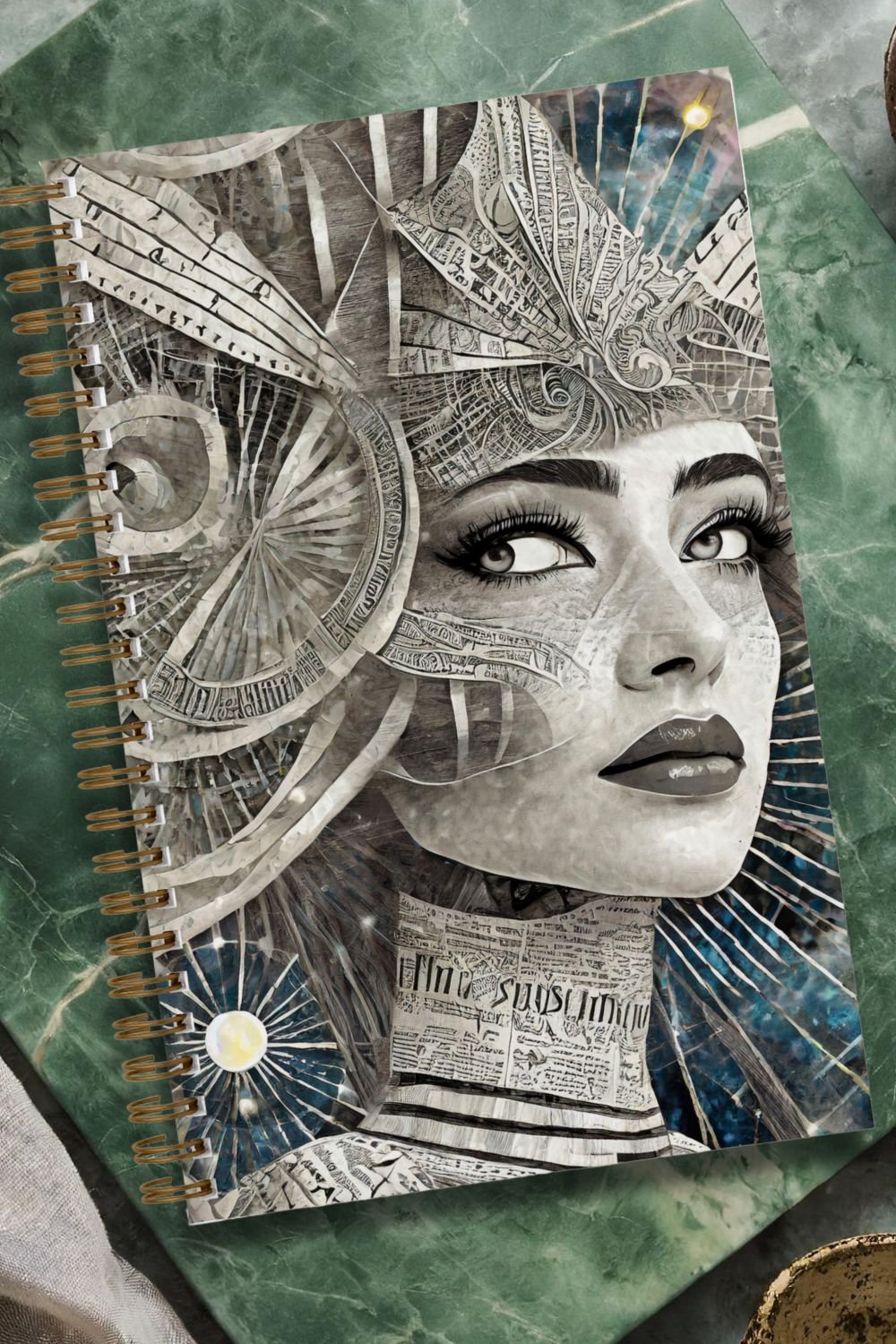Harness The Power Of Your Intuition With Journal Prompts For Decision Making
These journal prompts are designed to be an intuition development exercise using active imagination to help you make a hard decision or work through a difficult situation
Photo BullRun/stock.adobe.com
Using active imagination to enhance your intuition
When you are facing a difficult situation it’s a good time to consciously work on accessing your intuition. Developing your intuition means learning how to access all of the knowledge that your body has, rather than just the knowledge you can consciously remember right now with your mind. The more we can tap into everything we know and feel about ourselves and the world around us when making a decision, the happier we will be with the decision we make.
Unfortunately, sometimes the looming pressure of making a big decision or facing a difficult situation can make it hard to connect with your intuition. This journaling exercise is designed to relieve some of that pressure by having a little fun with your imagination. Using your imagination also happens to be a wonderful way to connect with your intuition because your imagination is accessing the information held in your subconscious mind. In fact, psychologist Carl Jung coined the term “active imagination” to describe a process of using pictures and stories to connect with the subconscious mind. Using active imagination to connect with your intuition and subconscious mind is a lot like analyzing your waking imaginings like you would analyze a dream. Whether we’re awake or asleep, the subconscious mind doesn’t use words and logic the same way our conscious minds do. Images, symbols, music, feelings, and stories are the language of intuition and the subconscious mind.
Journaling exercise for intuitive decision making
If you could solve the difficulty in front of you by heading straight at it, you would have solved it already, so for a few minutes, set the difficulty down, and enter the world of your imagination.
Access your intuition by relaxing and connecting with your body.
The calmer and more relaxed your body is, the more helpful this exercise will be. Take a few deep breathes, or try a mediation exercise (like this free Intuition Practice mediation from the First This podcast). If getting relaxed right now is difficult, you can also try this exercise right before you fall asleep.
Describe the issue you’re facing.
In your journal, write down a few sentences about what you’re trying to decide, process, or understand, or the problem that you’re having.
Actively imagine an older and wiser you.
A few journal prompts to help are below, but let your intuition wander as much as it wants to as you imagine an older and wiser you. Let thoughts, ideas, and feelings spontaneously arise. As much as you can, try to feel rather than think what you’re imagining. Write down the details of what you’re imagining about older and wiser you in your journal.
What does older and wiser you look like?
What clothing are you wearing?
Where are you? What is in your immediate surroundings?
What does older and wiser you feel like?
What sounds are present?
Is there music playing? If so, what kind of music is it, or what song is it? (If specific lyrics come to mind, write down the lyrics.)
What scents are present?
What is older and wiser you doing?
Seek advice from older and wiser you.
Ask the older and wiser version of you for advice about the issue, decision, or difficulty you wrote about earlier. What does older and wiser you have to say about the difficult situation or decision you’re facing?
Analyze your imaginary scene.
Pretend the scene you imagined was a dream you had and analyze it like you would a dream. Here are some tips:
Underline anything that seems like it might be a symbol (trust your gut, if it might be a symbol, underline it).
For each word you underlined, ask yourself, “What does ____ mean to me?” For example, if your imaginary scene included jazz music, ask yourself, “What does jazz music mean to me? You could also ask yourself questions like: “What do I associate jazz music with? Where did I develop that association? How does jazz music make me feel? What memories do I have about jazz music?” Try to think rather than feel the answers and write down the first thing that comes to mind even if you think it doesn’t make any sense.
Think about the overarching feeling or vibe of the scene you imagined and write about it in your journal.
Re-read the imaginary scene you wrote about. As you read, when you come to an underlined word, read about what you wrote down for the symbolic meaning of that underlined word.
Ask yourself, why did I imagine older and wiser me this way?
Apply your analysis to the issue or difficulty you’re facing.
Now that you’ve spent some time analyzing the scene you imagined for older and wiser you, reflect on what you can learn from this analysis. Does your analysis of the scene (or any of the symbols) give you any additional guidance for the issue you’re facing or the decision you need to make?










